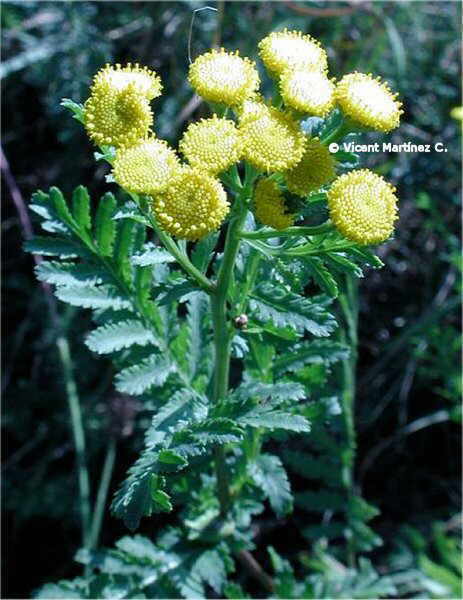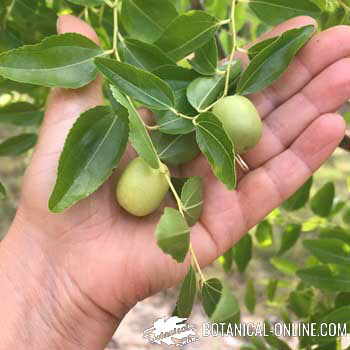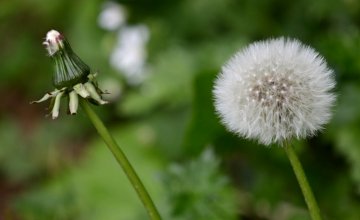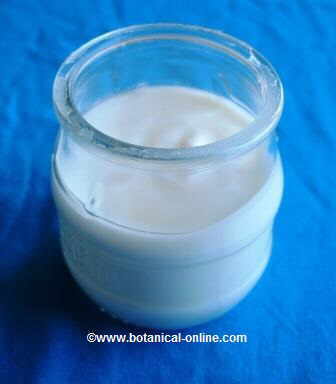Contents
Dangers of licorice
Toxicity of licorice is due to glycyrrhizin, a component that possesses mineralcorticoid and glucocorticoid properties. Its prolonged use produces negative effects in the organism by increasing blood pressure (hypertension), also by increasing sodium amount which leads water retention in the body.
An abnormal lost of potassium takes place that drives to a state called hypokalemia or lack of potassium in the blood.
Many of the intoxications take place in an unconscious way because of the habitual use of this plant in candies, mainly those to refresh breath.
Other reasons of the intoxications result from drinking big quantities of drinks that contain licorice, as the anisette, smoking a lot of tobacco treated with this plant, eating chewing gums or candies that contain licorice.
What is the toxic dose of licorice?
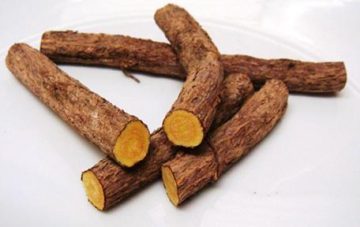
The toxic dose depends on each individual but the European Commission, in a study in 2004, recommended that the daily dose of glycyrrhetic acid does not overcome 100 mg (It is known the case of an woman that had been daily eating a package of 200 g. of licorice candies to alleviate constipation. At the end she had to be taken to hospital as she presented a very weak general state with very high blood pressure)
A study carried out in Iran proved that the administration of 1,3 g. of dry extract of licorice during ten uninterrupted days diminished testosterone and inhibited sexual desire. Equally, a study carried out in Finland proved that the consumption of licorice was the reason for premature childbirths.
Contraindications of licorice
Licorice should not be used with Type II diabetes, neither in patients with arterial hypertension or with those that have little potassium in the blood.
It is not recommended in case of hepatitis and during pregnancy.
The use of licorice is disallowed with other medications as those that are prescribed to increase blood pressure, corticoids, or heart tonics
Beware with the sun if taking licorice !!!
Apart from glycyrrhizin, licorice contains bergapten that produces photosensibility effects, when exposing to sunlight. In order to avoid sunburns, it is advised not to expose to sun for long or avoid going to mountains when having a treatment with this plant.
Side effects of licorice
Long term use of licorice or overdose can be responsible for the following symptoms:
- Headache because of blood pressure increase
- Edemas mainly in the face and in the ankles
- Sensation of burning extremities
- Weakness
- Cramps
- Dark urine
- Lost of menstruation
- Problems in the libido by increasing testosterone in men
- Arrhythmia
- Etc.
Licorice poisoning treatment
First of all one should abandon the ingestion of this product. Medical attention could be necessary in some cases with assisted respiration and surveillance of the heart beat.
It will be generally necessary to provide some medicine to lower blood pressure and to control electrolytes, especially potassium.
![]() More information about plants.
More information about plants.



